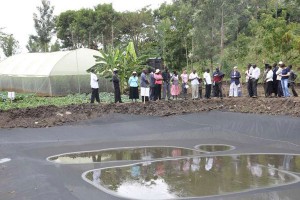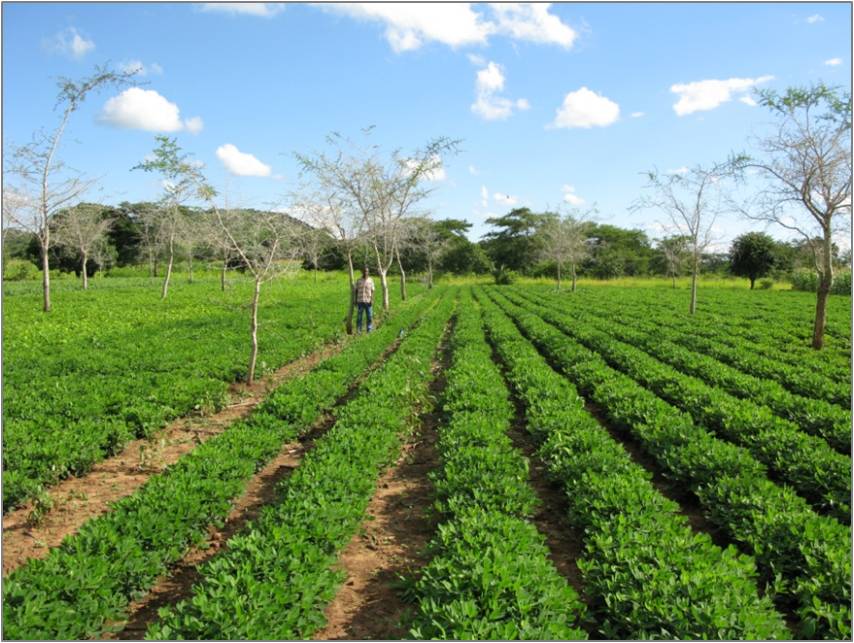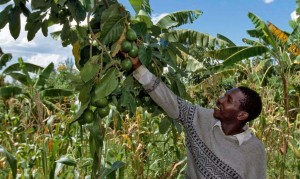Time has come for county governments to take advantage of Kenya’s commitment to use smart agricultural technologies, which is a way of increasing the sector’s productivity while at the same time addressing effects of climate change.
In response to decisions adopted at the 19th and 20th sessions of negotiations on how to manage climate change under the United Nations Framework Convention on Climate Change (UNFCCC), Kenya has listed and presented climate smart agriculture to the UN as part of its Intended Nationally Determined Contribution (INDC).
During the previous negotiations, countries across the globe committed to create a new international climate agreement by the conclusion of the next Conference of the Parties (COP21) in Paris in December.
In preparation, countries have agreed to publicly outline what post 2020 climate actions they intend to take under a new international agreement geared towards mitigation and adaptation to the changing climatic conditions.
As a result, among other sectors, the country seeks to enhance its resilience in the agriculture, livestock and fisheries value chains by promoting climate smart agriculture and livestock development.
In general, climate smart agriculture is a joint approach to address interlinked challenges of food security and climate change, sustainably increasing agricultural productivity, adapting and building resilience to climate change, while reducing greenhouse gas emissions from the agricultural sector, which includes crops, livestock and fisheries.





